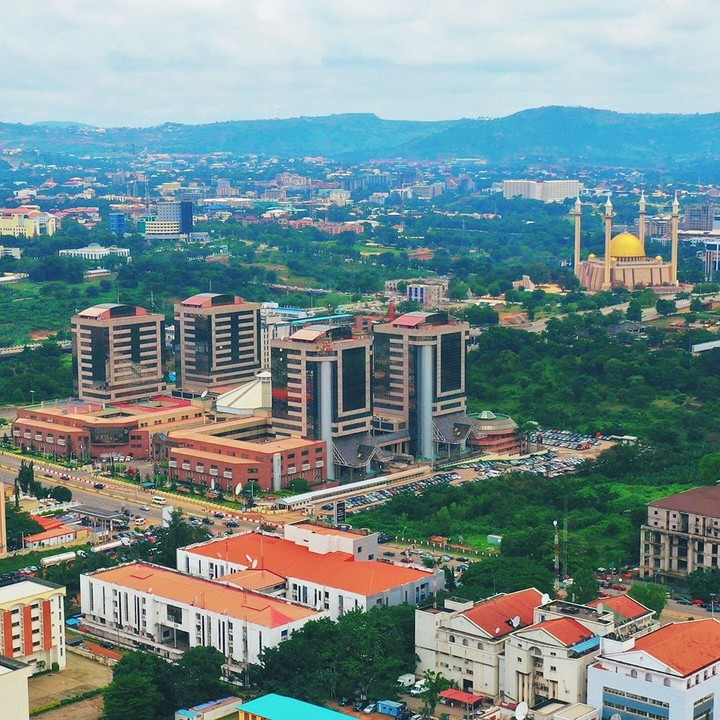For many first-time residents, navigating Abuja’s housing market can be overwhelming. While premium districts such as Maitama, Asokoro, and Wuse II remain well beyond the reach of most newcomers, affordable alternatives exist in the city’s satellite towns and developing neighborhoods. These areas strike a balance between cost, accessibility, and basic amenities, making them ideal for individuals and families settling into the Federal Capital Territory for the first time.
1. Nyanya: The Go-To Option for Budget Seekers
Nyanya remains one of Abuja’s most popular low-cost residential zones. Positioned on the eastern outskirts, the community is vibrant and bustling with life.
• One-bedroom apartments range between ₦300,000–₦600,000 annually.
• Easily accessible via the busy Abuja-Keffi Expressway.
• Active local markets that keep everyday essentials affordable.
• Housing options range from single rooms to mini-flats.
However, newcomers should brace for heavy traffic during peak hours, with commutes to the city center averaging about 40 minutes.
2. Lugbe: Affordable Living Near the Airport
Located along the Airport Road, Lugbe is one of Abuja’s fastest-growing residential hubs. Its affordability and proximity to the Nnamdi Azikiwe International Airport make it a favorite among new residents.
• One-bedroom apartments typically cost ₦500,000–₦900,000 yearly.
• Ongoing infrastructure upgrades are improving living standards.
• The area offers housing varieties that cater to different budgets.
Some sections of Lugbe still grapple with water supply challenges, but steady development makes it an increasingly attractive choice.
3. Kubwa: A Well-Serviced Satellite Town
Kubwa, Abuja’s largest satellite town, offers newcomers a community with established amenities at relatively affordable rates.
• Annual rents for one-bedroom flats fall between ₦500,000–₦1,000,000.
• Amenities include schools, hospitals, markets, and shopping centers.
• Strong transport connections link Kubwa to central Abuja.
Though farther from the city center, Kubwa’s size and services make it one of the most convenient and affordable options.
4. Karu/Jikwoyi: Best for Tight Budgets
The twin areas of Karu and Jikwoyi offer some of Abuja’s cheapest formal housing opportunities.
• One-bedroom units range from ₦250,000–₦500,000 per year.
• Communities continue to grow with improved amenities.
• Transportation links to Abuja’s business districts are expanding.
Still, limited infrastructure and longer commutes may pose challenges for residents.
5. Dutse: Quiet Living with Development Potential
On Abuja’s northwestern edge, Dutse provides a more serene living environment while remaining close to Kubwa and Dawaki.
• Rents for one-bedroom apartments typically range from ₦300,000–₦600,000 annually.
• Rapid residential development is underway.
• Less congestion compared to eastern satellite towns.
Some neighborhoods face inconsistent electricity, but improvements are ongoing.
What Newcomers Should Consider Beyond Rent
For newcomers to Abuja, affordability should not be the only deciding factor. Other considerations include:
• Security: Confirm the presence of neighborhood watch systems or estate security.
• Transportation: Evaluate both the cost and time spent commuting daily.
• Basic Services: Proximity to healthcare, schools, and markets is essential.
• Utilities: Check the reliability of water and electricity supply before committing.
• Housing Type: Options range from shared rooms to self-contained apartments, choose based on your lifestyle and budget.
Abuja may be one of Nigeria’s most expensive cities, but with proper planning, newcomers can find affordable, safe, and accessible housing in its expanding suburbs and satellite towns.



